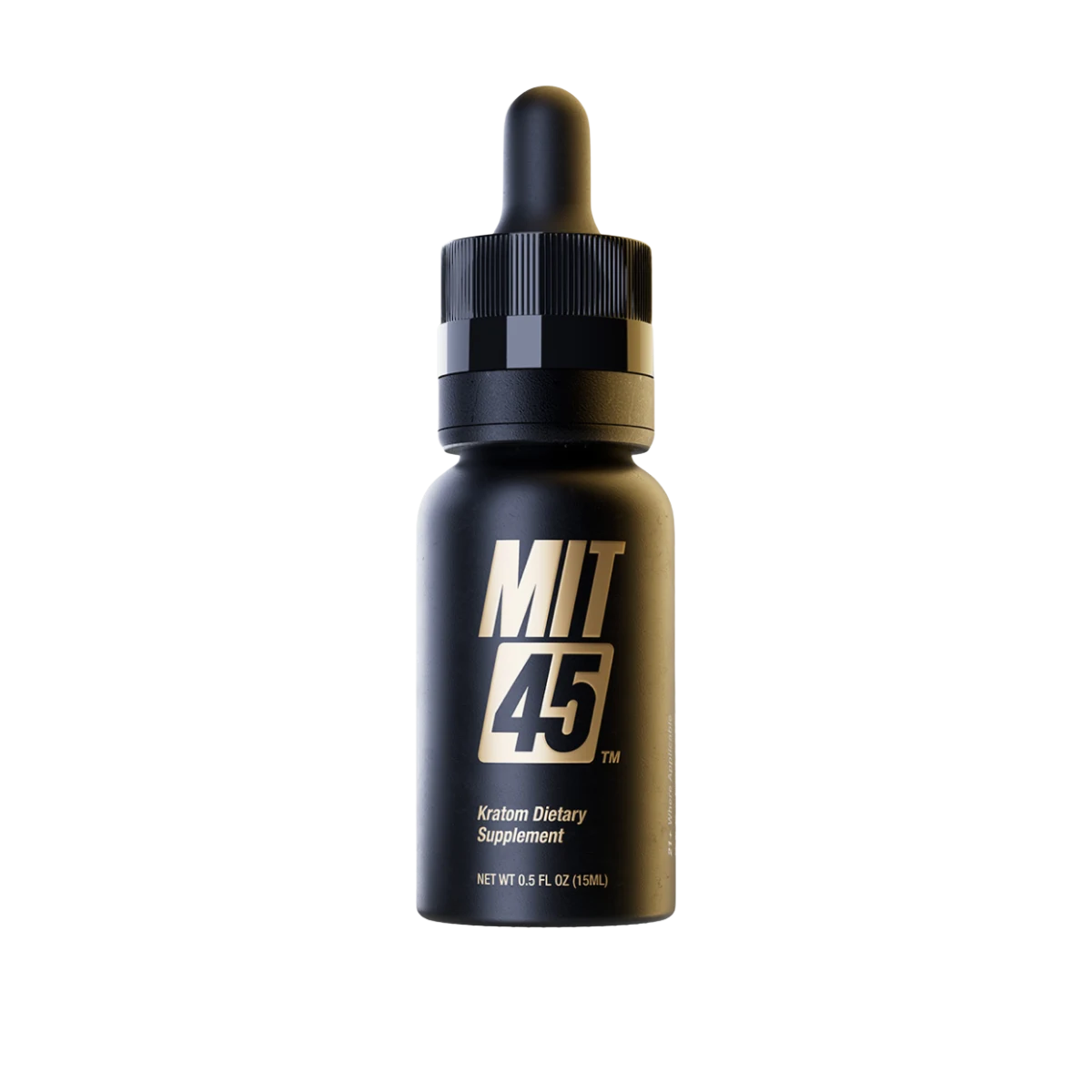These days, it seems like there are thousands of different types of protein powder. The “right” protein powder for you often comes down to a mix of personal preferences, health goals, and trial and error. From an array of flavors to plant-based vs. whey, this article contains all the information you need to make an informed choice.
Read on for different types of protein, plus tips for finding the right form for you.
Popular Types of Protein Powder
There are many types of protein on the market, making the “right” decision even more confusing. To help simplify the choice, here are the two main types of proteins you’ll find lining store shelves.
Animal-Based Protein
Animal-based sources of protein contain animal proteins. Where the protein comes from can vary, but many products contain a powdered form of one or more of the following foods:
- Beef
- Collagen
- Dairy
- Eggs
- Fish
- Poultry
Whey protein is one of the most popular animal-based protein powders, and may be the most popular type of protein powder overall. Whey is a protein that comes from milk, and it’s well-liked because it contains all the EAAs that the body needs.
Plant-Based Protein
Plant-based protein powders contain proteins from plants. Somewhat surprisingly, many foods fall under the plant-based “umbrella”, including fruits, vegetables, grains, and legumes. Some of the top contenders for powders in this category are:
- Brown rice
- Hemp
- Pea
Even more exotic types of plant protein are slowly becoming available, such as those utilizing algae, chia seeds, or sunflower seeds. With so many new products arriving on grocery store shelves each day, it’s important to remember that “plant-based” doesn’t necessarily mean “healthy”. Be sure to examine the ingredients list closely to ensure unwanted additives (like added sugar or caffeine) aren’t included.
Animal vs. Plant Protein
So which is best, animal or plant protein? Both types of protein powders are considered a good source of proteins. Some people don’t tolerate animal proteins well, so plant protein becomes the obvious option. Others have no problem digesting animal proteins, and can choose between either type.
Many dietitians suggest opting for plant protein sources to sneak in an extra serving of vegetables along with the protein provided. Regardless of your protein source, it’s important to look for a high-quality powder.

Which Protein Powder is Best?
Now that you understand the basic types of protein powder available, you many be asking, “which one is best?” With a couple simple guidelines to consider, you can choose the protein powder that fits best with your lifestyle and diet.
Things to Consider
- Cost: While most protein powders come down to cents per serving (which technically makes them affordable), high-quality powders generally cost more. Plus, they are often produced for bigger packages or bulk, meaning you’ll likely be spending anywhere from $30 to $60 for a big bag. Not ready to commit? Look for single serving sizes or sample packs that offer an array of flavors.
- Dietary preferences: Similar to other packaged foods or supplements, you’ll want to double check that your choice is in line with your dietary preferences, limitations, allergies, or religious practices. For example, if you’re vegetarian or vegan, you’ll likely want to opt for a plant-based powder.
- Nutrient profile: Each powder has a unique nutrition profile. Some contain added fiber, while others focus solely on protein content. Some are low-carb while others contain complex carbohydrates. Carefully examining the ingredients list and label can help you pick the protein powder that works with your health goals. Additionally, you’ll want to look for products that don’t have allergens if you have food allergies.
- Priorities: As with shopping for other food products, you’ll want to pick a product that aligns with your priorities. For example, if you’re big on sustainability, search for a brand that produces its products with thoughtful manufacturing practices or provides their product in recyclable packaging. As a side note, plant-based protein is generally produced more sustainable than animal-based protein powders.
Tips for Safe Consumption
Fortunately, it’s hard to take too much protein! However, studies show that there’s not an added benefit to taking more than the recommended amount.
Generally, it’s recommended to try and meet your protein intake from foods first. Protein powders made from real food can help you to get adequate amounts of protein, instead of relying on protein pills or supplements with potential side effects. If you don’t know how much protein you need, consult resources available from the Academy of Nutrition and Dietetics, the U.S. Department of Agriculture, or your personal dietitian.
Taking Kratom with Protein
There aren’t many studies looking into consuming kratom and protein powder together. While users commonly claim it’s low risk, it’s always a good idea to check with your healthcare provider first before consuming protein powders and kratom at the same time.
In general, you’ll want to be cautious when mixing kratom powder extract with other substances until you’re confident about how your body will respond. Abusing kratom may interfere with your body’s ability to process proteins properly.
If you do choose to use protein powder and kratom together, flavored protein powder can help to mask the flavor of kratom powder. Both kratom powders and protein powders are versatile, and many of the applications overlap (such as energy bites, breakfast smoothies, or yogurt bowls).
In Conclusion on Choosing the Right Protein Powder
Considering factors like cost, personal values and preferences, and nutritional profile can help you decide between varieties of protein powder. From whey to plant-based to powders made with new materials, there are many kinds of protein to choose from in order to fit your health goals. When in doubt, check in with your healthcare provider (particularly a dietitian) to ensure you’re getting the most out of your protein powder— and that it’s meeting your unique nutritional needs.
Searching for other powdered products, such as raw leaf kratom powder? Look no further than our powder collection.
References
Balance Team. Should You Be Pro for Protein Shakes? Blog.mybalancemeals.com. Accessed July 2023.
Cleveland Clinic. What Are Complete Proteins? Health.clevelandclinic.org. Published December 2022.
Hanapi NA, Chear NJY, Azizi J, Yusof SR. Kratom Alkaloids: Interactions With Enzymes, Receptors, and Cellular Barriers. Front Pharmacol. 2021;12:751656.
Hultin G. Plant Protein Powders. Todaysdietitian.com. Published March 2020.
National Institutes of Health. Dietary Supplements for Exercise and Athletic Performance. Ods.od.nih.gov. Published March 2021.
Yang B, Tan ML, Zhang R, Singh D, Leong Bin Abdullah MFI. Kratom use disorder and unfolded protein response: Evaluating their relationship in a case control study. PLoS ONE. 2023;18(6): e0287466.




